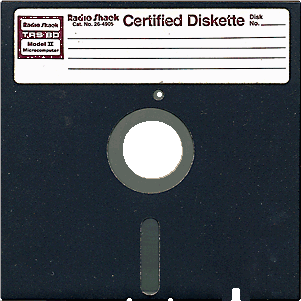

Certain decisions people make involve a degree of risk. Some decisions have great risk some have small. There is almost no risk when a pair of shoes are bought. You spend the money you think the shoes are worth, and you are not expecting to gain money back from the shoes. A lottery ticket has a great amount of risk, but can yield money if the ticket is a winner. The same goes with everyday life. Most people are not guaranteed a job tomorrow. Certain events may take place where the company may need to lay off people. The business may have to close down, or relocate. A degree of risk is involved when choosing an employer to work for.
Investing the money you make is also quite risky. You can choose to put the money you make in a savings account where the interest rate isn't much more than inflation. Another choice is the stock market or other business opportunities. One can invest in a business that is well established like Microsoft and gain return from it. There is still risks involved. Microsoft may do exceptionally well one moment, then do not so great another moment. High risk investments if they are successful yield the most. Starting a business or investing in a business that is just starting would earn more if it's successful than if the money was invested in a company that is already established. In this situation there is also much more risk involved.
a. Probability
If Joe Smith decides to start a software company out of his garage there are risks and probability. The odds are against Joe Smith, he only had an idea and a few thousand dollars he borrowed from a friend. Probability always had to add to one. Because software companies are very expensive to run and require a great amount of knowledge of technical ideas, the odds are very great against Joe Smith. The odds he will be successful in starting an established software company may be 1/100, and the odds that he will fail are 99/100.
b. Expected Value
The expected value is calculated by the probability of failure and the probability of success and put into an equation where the amount of money invested is calculated in. So in Joe Smith's friend's case the expected value=Pr(success)($2000)+Pr(failure)($0)=(1/100)(2000)+(99/100)($0).

No comments:
Post a Comment